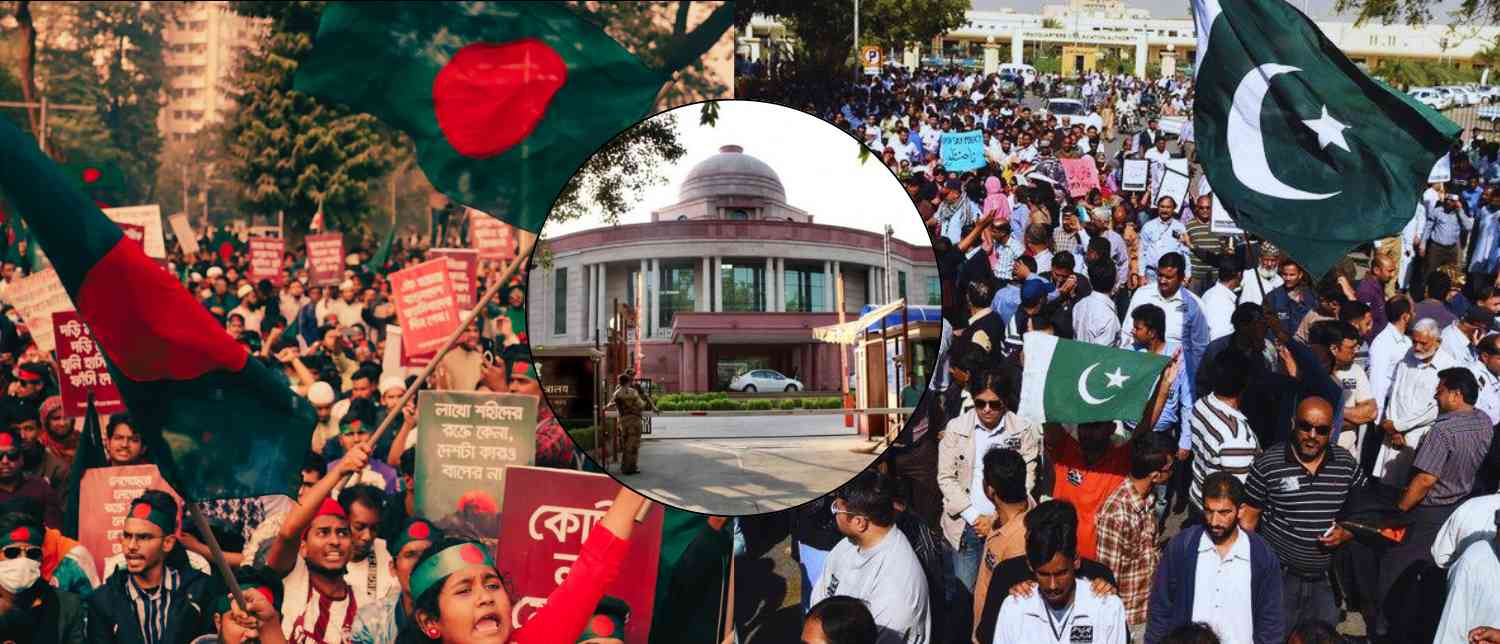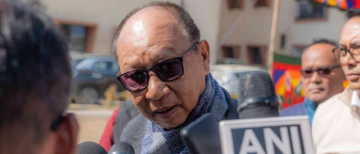In recent months, India has voiced growing concern over the treatment of marginalised groups in its neighbouring countries — Pakistan and Bangladesh. New Delhi’s call for attention to the plight of minorities across borders has revived an uncomfortable but necessary debate in South Asia: how safe are the weaker communities who often find themselves caught between politics, religion, and survival?
Rising Tensions Behind India’s Alarm
India’s Ministry of External Affairs (MEA) has repeatedly highlighted the declining conditions faced by minorities, particularly Hindus, Sikhs, Christians, and Buddhists, in Pakistan and Bangladesh. Officials have pointed to increasing incidents of religious persecution, forced conversions, and targeted attacks — issues that have been internationally discussed but rarely given sustained attention.
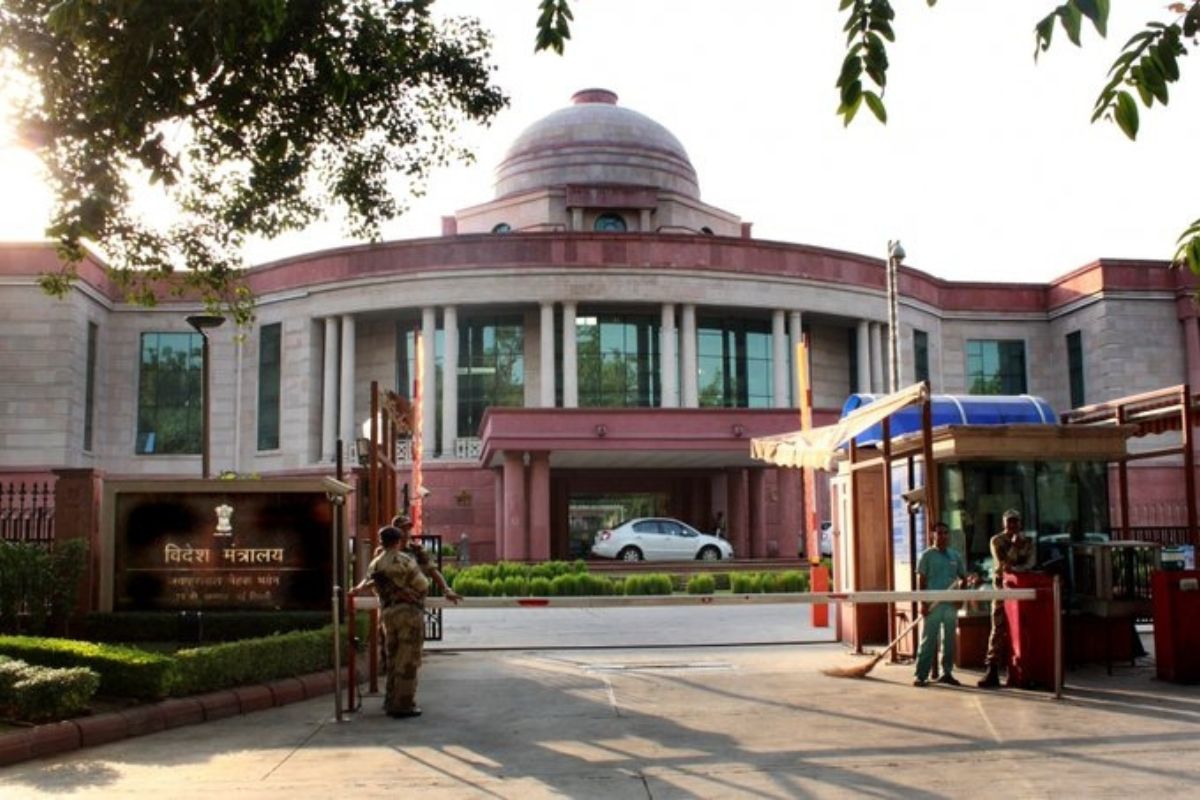
In Pakistan, human rights groups and journalists have frequently reported on the abductions and forced marriages of young Hindu and Christian girls, mostly in southern Sindh province. Meanwhile, in Bangladesh, communal clashes and vandalism of minority temples during festivals such as Durga Puja continue to draw global concern.
While both Islamabad and Dhaka often counter these claims by citing internal peace efforts and the punishment of offenders, India argues that these responses have not yet protected vulnerable citizens in a lasting way.
Historical and Political Context
South Asia’s history makes the matter even more sensitive. After the partition of 1947 and the creation of Bangladesh in 1971, minorities in each state faced demographic and political shifts. In Pakistan, the non-Muslim population, which was around 20 per cent at the time of its formation, is now estimated to be less than 5 per cent. In contrast, Bangladesh retains a larger Hindu population, roughly 7 to 8 per cent, but their share has steadily declined over the decades.
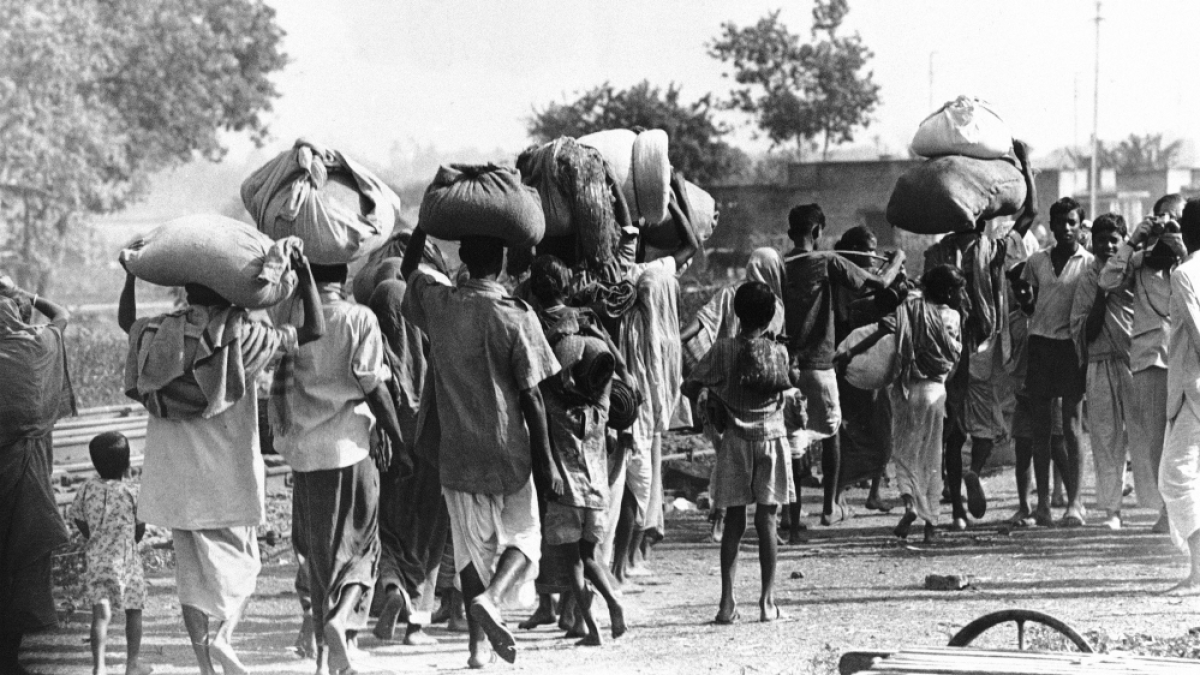
Analysts suggest that the region’s polarised religious politics and socioeconomic inequality have only made it harder for minorities to find fair representation in governance or justice systems.
Voices from the Ground
Stories from affected families bring urgency to the issue. Many Pakistani Hindu families have migrated to Rajasthan and Gujarat over the years, citing fears of persecution. In interviews, they describe how forced conversions or blasphemy accusations destroy not only individual lives but also entire communities.
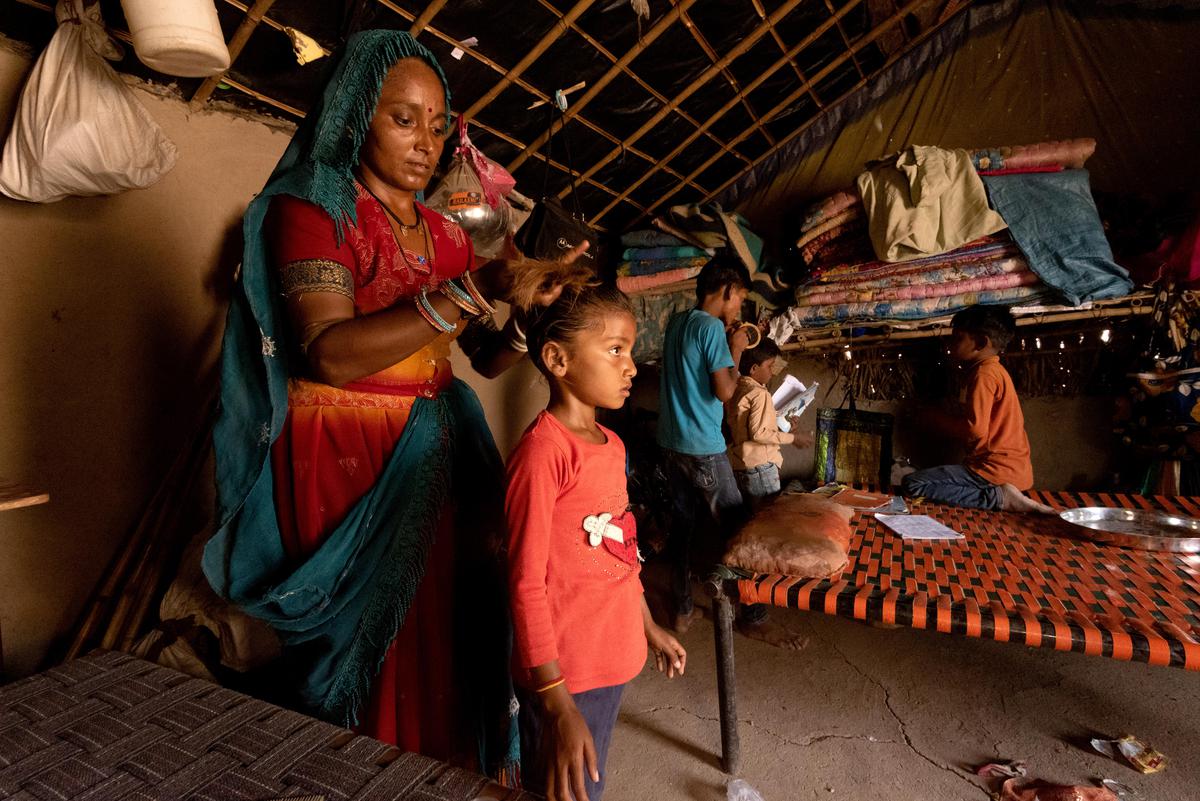
In Bangladesh, several civic groups have demanded stricter legal protection and accountability after repeated attacks on temples and minority homes. Rights campaigners within the country acknowledge the challenges but also insist that Bangladesh’s secular roots should not be forgotten, urging both government and citizens to speak up.
India’s Diplomatic Position
India has taken its concerns to various international platforms, including the United Nations Human Rights Council (UNHRC). Officials say raising awareness is not an act of interference but a reminder of global responsibility toward human rights. This also relates to India’s justification for laws like the Citizenship Amendment Act (CAA), which offers refuge to persecuted minorities from these neighbouring states.
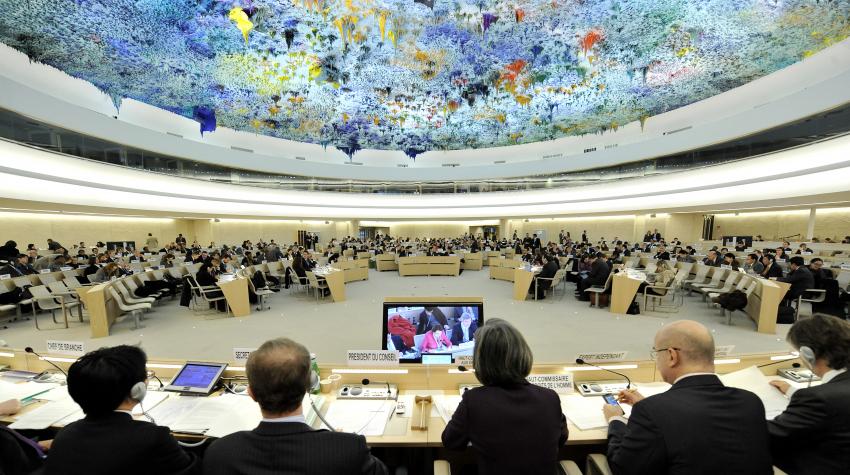
Critics, however, argue that while India’s humanitarian position is valid, it should avoid politicising human rights issues. Regional cooperation and bilateral dialogue, they say, might be more effective than public accusations.
What’s at Stake for South Asia
The treatment of minorities often mirrors a country’s social health. Discrimination, forced migration, and violence do not only harm specific groups; they destabilise entire nations and strain relationships across borders.
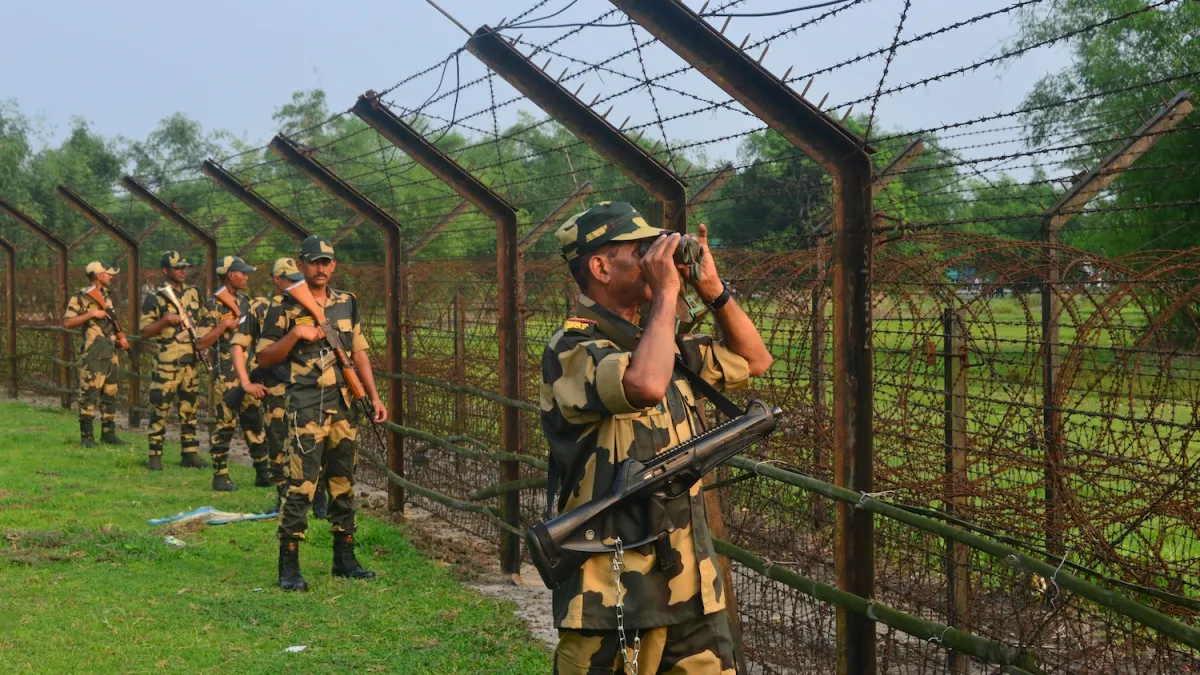
Analysts note that communal peace in South Asia remains fragile. With rising nationalism and internal polarisation, countries risk alienating their vulnerable populations — something that could also fuel extremism and social fragmentation. Experts believe the solution lies not in mutual blame but in stronger legal systems, fairer media representation, and interfaith dialogue. Civil society movements across Pakistan, Bangladesh, and India have shown that change is possible when people refuse to be silent.
The Way Forward
India’s alarm has reignited international discussion, but lasting impact will depend on sustained humanitarian effort, regional solidarity, and trust-building. Protecting minorities — whether Hindu, Muslim, Christian, or any other — must not be seen as a political goal but as a moral necessity.
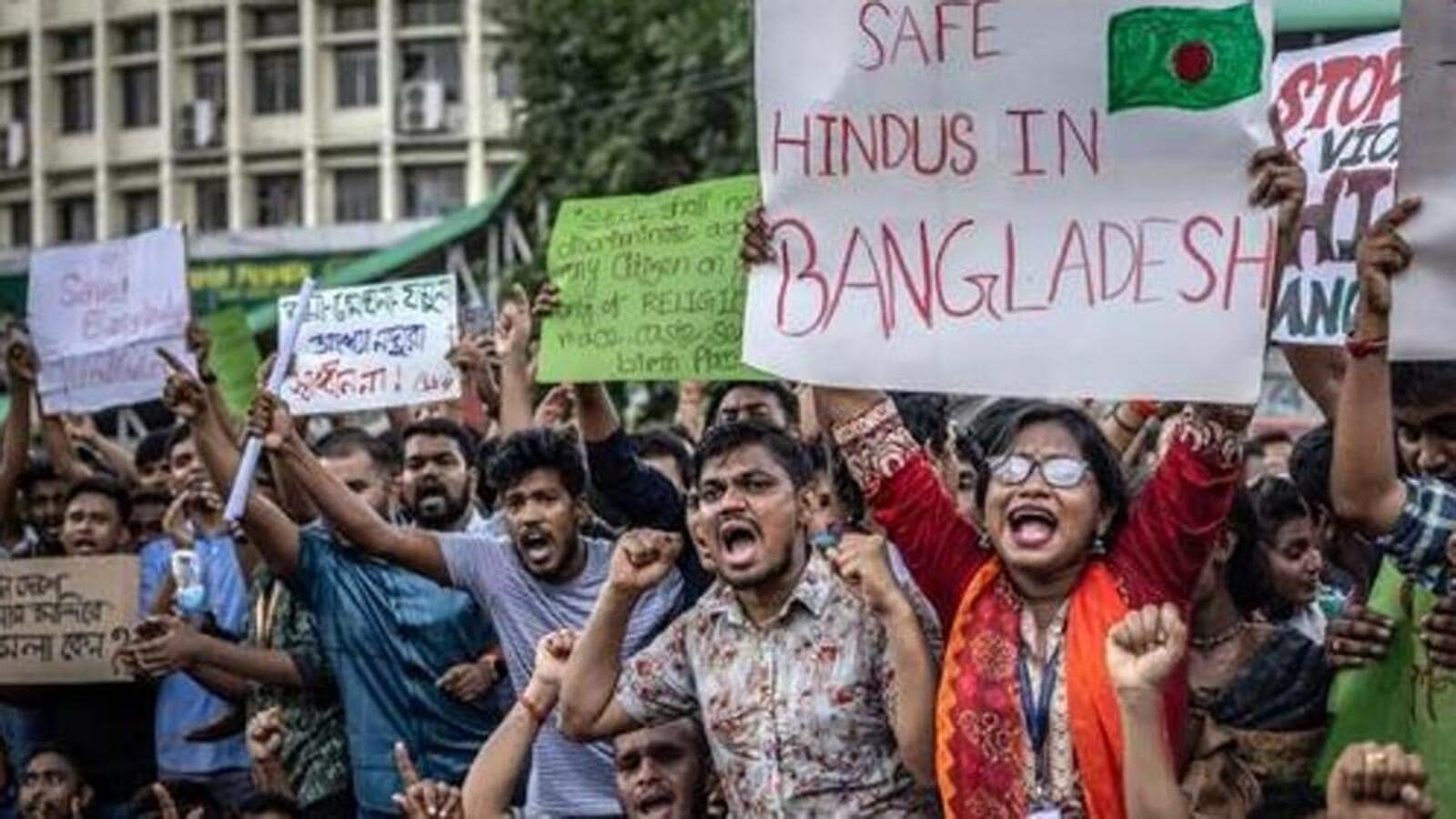
As the region moves through political flux and economic competition, it faces a timeless test: can South Asia truly secure dignity and equality for all, regardless of faith or background?
With inputs from agencies
Image Source: Multiple agencies
© Copyright 2025. All Rights Reserved. Powered by Vygr Media.

